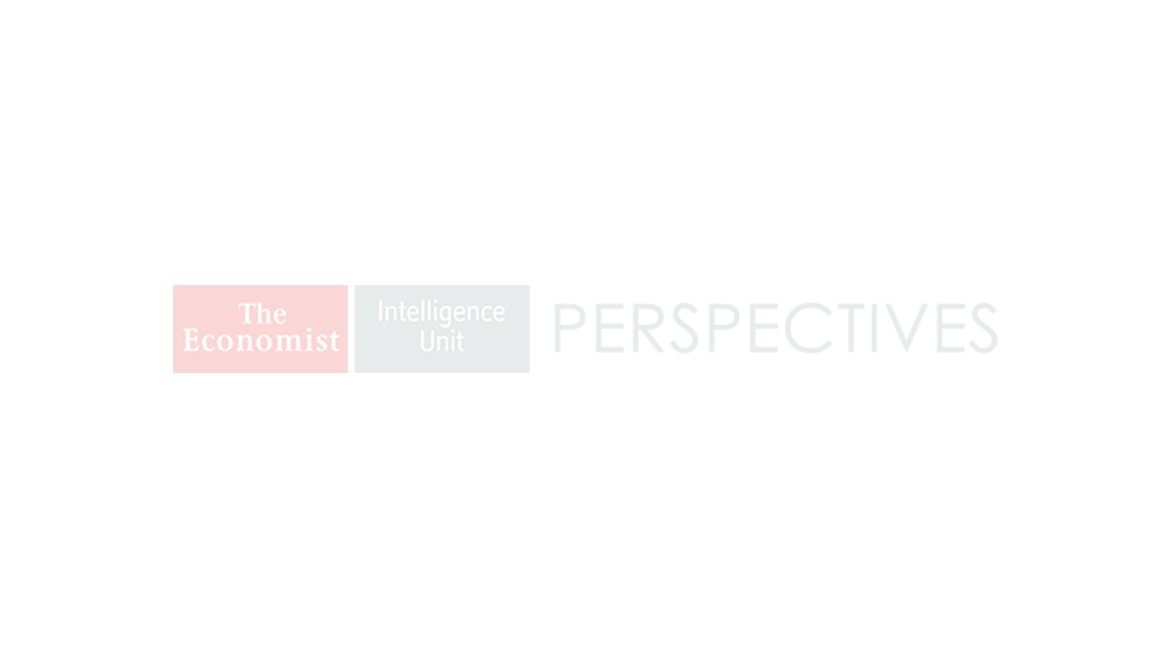Wesfarmers, owner of Coles, Australia’s largest supermarket chain, as well as major coal and chemicals operations, will be among the companies most heavily affected by the new carbon price scheme.
Aside from power stations, Wesfarmers is Australia's sixth biggest carbon emitter, producing 2.7m tonnes of direct emissions. The company says it will incur a A$100m net annual cost in the first year of the scheme as a result of the initial carbon price of A$23 per tonne. (For comparison, its 2011 revenues were A$56bn).
Yet the conglomerate believes it can maintain its margins by taking steps to reduce carbon emissions and improve energy efficiency. “We invested heavily in energy efficiency a few years back when it became clear that Australia would put a price on carbon,” says Cameron Schuster, the firm’s sustainability manager. For example, Coles is installing voltage optimisation technology that reduces overall store power consumption.
Still, the carbon legislation provided some policy clarity. “While our greenhouse gas accounting, monitoring and reporting systems were purpose-built for a carbon price four years ago, the continuous flow of regulation and policy in the past six months has necessitated a review and some tweaking,” Mr Schuster says.
Apart from the investment to improve energy efficiency, much of the group’s focus in the last year has been on intensive emissions reduction, particularly in the chemicals business. It is testing a new nitrous oxide reduction technology that could potentially cut emissions quite significantly. Meanwhile, Wesfarmers’ coal business has worked with regulators to find a way to improve the method of measuring coal-seam methane emissions.
Wesfarmers has also spent time developing internal policies to guide employees as they prepare greenhouse and energy reports and deal with customers and suppliers on issues to do with carbon pricing. Among other things, these policies deal with report verification, record keeping, carbon accounting and pricing, and the transfer of carbon permits.
Though the carbon cost is significant, Wesfarmers believes it can mitigate it to a large extent with top line growth and increased organisational efficiency.




